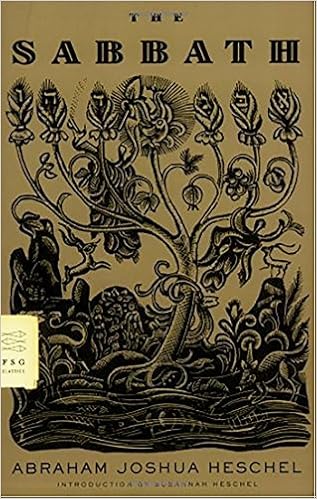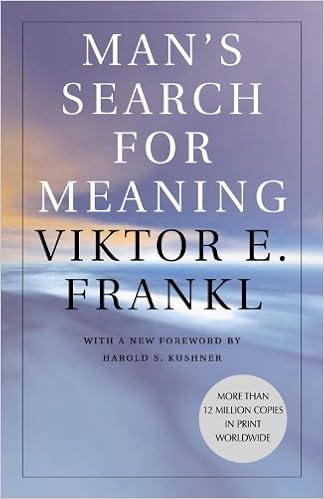Why Judaism?
I’ve never been much of a “joiner.” I’m mostly not into organized, group activities or live events in which you get carried away by emotion (concerts, sports games, etc.). I don’t know why, it’s just a quirk of my personality. But the times I have been involved in group activities have been quite enjoyable and meaningful.
I knew I needed more meaningful group activities, so I chose Judaism to help me. I wanted to find out what Judaism did so correctly. It has survived thousands of years and still fosters a strong sense of identity and community, even among people who have virtually nothing in common other than their religion. It is full of seemingly non-sensical rituals and rules that any “reasonable” person would think is absurd (No bacon? Seriously?).
I figured Judaism was smarter than I was so I decided to observe a few different practices. | Expand
Judaism
History
- Judaism was established circa 2000 BCE and is considered the first monotheistic religion (that we know about)
- During Shabbat, you’re not supposed to do any work or even “ignite a fire” which means you can’t even turn a light switch on or off. Orthodox Jews often make sure to leave the necessary lights on or off before Shabbat begins.
- Judaism does not actively proselytize, but will accept converts who are willing to go through a rigorous conversion process
Read More
The Sabbath
 Awesome book by a Jewish theologian that explains why Shabbat (the Sabbath) is so important to Judaism.
Awesome book by a Jewish theologian that explains why Shabbat (the Sabbath) is so important to Judaism.
Pirkei Avot
 Translated as “Ethics of Our Fathers,” it is ethical and moral commentary by rabbis that date back to 500 BCE. It reveals excellent insight into Jewish moral thinking that are still applicable to modern lives.
Translated as “Ethics of Our Fathers,” it is ethical and moral commentary by rabbis that date back to 500 BCE. It reveals excellent insight into Jewish moral thinking that are still applicable to modern lives.
Man’s Search for Meaning
 This is an important memoir of a Jewish psychiatrist’s time in a concentration camp. He focuses primarily on how he helped his fellow captives find meaning in the most terrible circumstances. Though not about Judaism per se, it offers excellent lessons in how meaning is created, not something you just “find within yourself.” It is an activate, deliberate process, not a passive one.
This is an important memoir of a Jewish psychiatrist’s time in a concentration camp. He focuses primarily on how he helped his fellow captives find meaning in the most terrible circumstances. Though not about Judaism per se, it offers excellent lessons in how meaning is created, not something you just “find within yourself.” It is an activate, deliberate process, not a passive one.
In a Modern World...
In a modern, individualistic society, the general consensus is that people need to find their own ways through live, and that each path is unique to the person following it. Each person needs to go on a sort of quest to find meaning in their lives. The result is that while some people may indeed be successful finding meaning on their own, far more people just end up confused and lonely.
Judaism takes the opposite view and says that while you are indeed a unique individual, your search for meaning is a not search at all but rather a shared and communal experience that is cultivated through ritual and tradition. This method of acquiring meaning is robust and time-tested and is a far more fruitful model for any modern person who wants to feel a part of something greater than themselves.
Jewish Wisdom
My 30 Day Experiment
My Practice: Attend morning Minyan (prayer) services, participate in Shabbat, and read Talmud (scripture)
